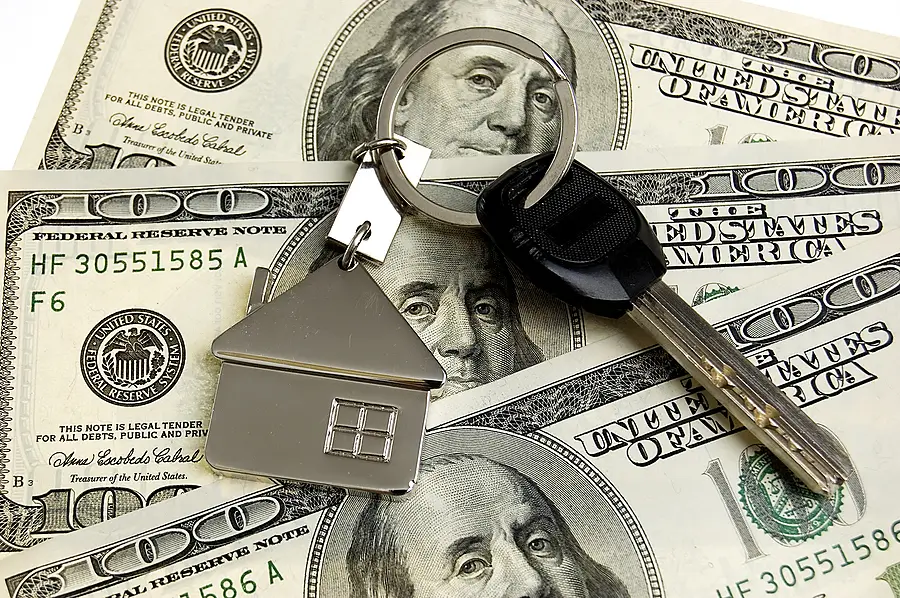As a property owner, safeguarding your rental property investment is a top priority. One of the most effective tools for doing so is the security deposit. This upfront payment from tenants serves as a safety net, covering potential damages, unpaid rent, or lease violations during the rental period. In this blog, we will explore how to effectively manage security deposits, ensuring both legal compliance and financial security for your rental property.
What is a Security Deposit?
A security deposit is a sum of money tenants pay at the beginning of their tenancy, typically equivalent to one month's rent. This deposit serves as a financial cushion for property owners in case of unpaid rent, property damage, or other tenant breaches outlined in the lease agreement. It's important to note that a security deposit is separate from the monthly rent, and it is held by the property owner until the tenant moves out.
Why Security Deposits Matter
Security deposits are a powerful tool to safeguard your rental property. For example, if a tenant fails to pay rent for a month or damages the rental unit, you can use the security deposit to cover these expenses. It acts as a safety net, ensuring that you are not left financially responsible for situations that could arise from tenant negligence.
The security deposit amount is usually outlined in the rental agreement and should comply with local laws. In many jurisdictions, the deposit cannot exceed one month's rent, but the terms of the deposit may vary. It is also common for property owners to require that the tenant pay the last month's rent at the start of the lease, ensuring there are no issues if the tenant fails to pay rent in the final month of their stay.
Benefits of Security Deposits
Financial Protection
Security deposits help mitigate the financial risks associated with property damage or missed payments. For instance, if a tenant fails to pay rent or leaves the property in poor condition, the funds can be used to offset those costs.Encourages Tenant Responsibility
Tenants are more likely to maintain the property and follow the lease agreement knowing their security deposit is at stake. This helps foster a positive landlord-tenant relationship and minimizes disputes over maintenance and repair requests.Streamlined Turnover Process
At the end of the rental period, the security deposit can cover necessary repairs or cleaning costs, ensuring the property is ready for the next tenant without delay. This is especially important when dealing with the move-out inspection and any normal wear and tear or damages that occur during the tenancy of the rental unit.
Legal Considerations for Security Deposits
Managing security deposits involves adhering to state and local regulations. Landlords must follow rules regarding the maximum security deposit amount, how the deposit is stored (usually in an interest-bearing account), and when it must be returned after the lease termination date.
Failure to comply with these laws can result in disputes or even legal action. If you fail to return the security deposit within the legally required time frame, tenants may be entitled to pursue a claim in small claims court.
Best Practices for Managing Security Deposits
Set Clear Terms in the Lease Agreement
Include detailed clauses in your lease agreement outlining the purpose of the security deposit, the conditions for its return, and potential deductions.Conduct Move-In and Move-Out Inspections
Take photos and create a checklist to compare any changes or damages caused by the tenant. This helps distinguish between normal wear and damages beyond the scope of a typical rental unit.Return Deposits Promptly and Fairly
Once the tenant moves out, review the property for damages and provide an itemized list of deductions, if any, before returning the remaining balance. Be sure to return the entire security deposit (less any legitimate deductions) within the required time frame.
Let Allred Properties Manage Security Deposits for You
If you're looking for a property manager, Allred Properties takes the stress out of managing security deposits. From drafting sample lease agreements to handling tenant's security deposit disputes, we ensure your rental property is protected while maintaining strong relationships with your tenants. Ready to maximize your rental property investment? Contact us today!


